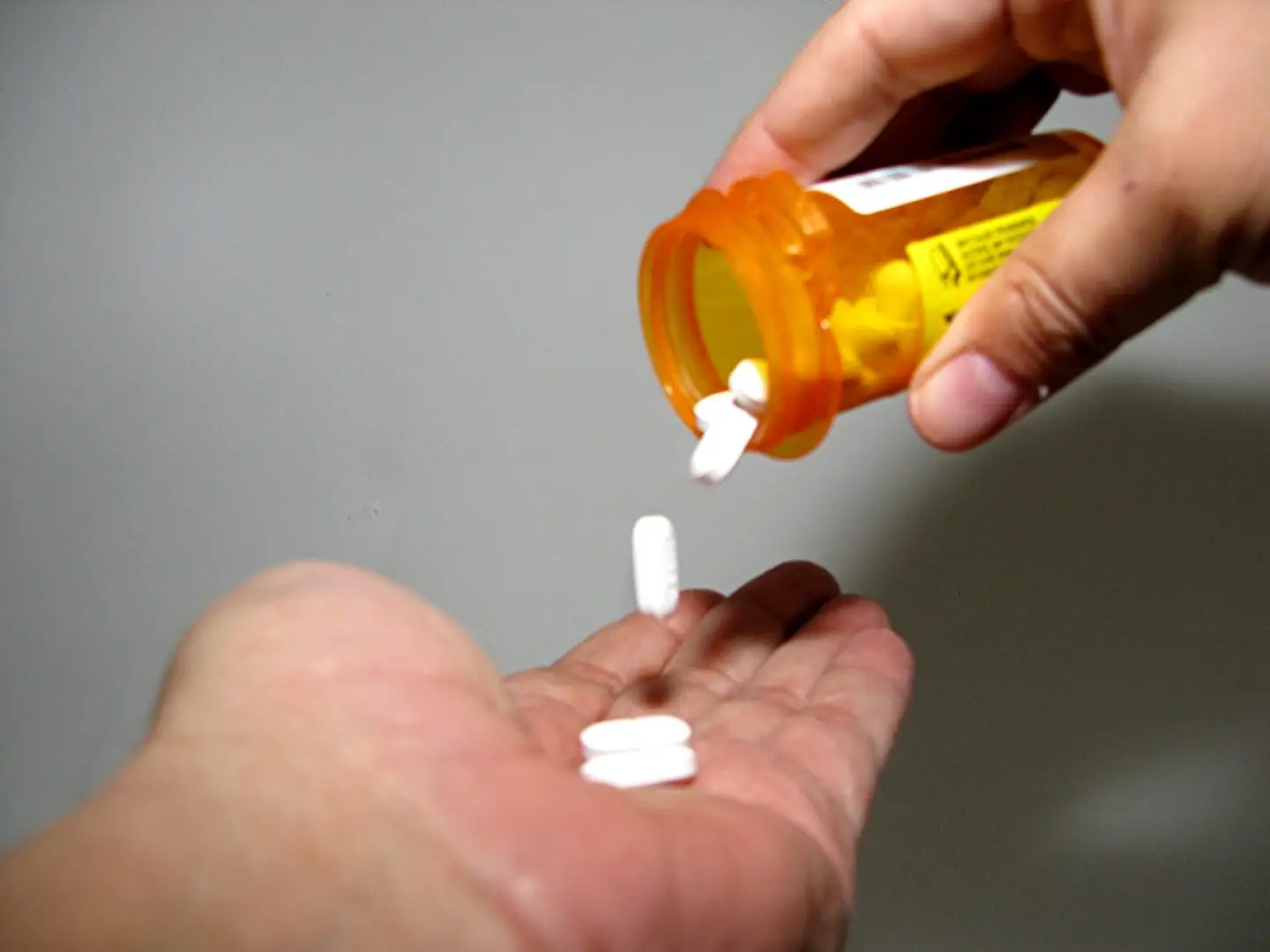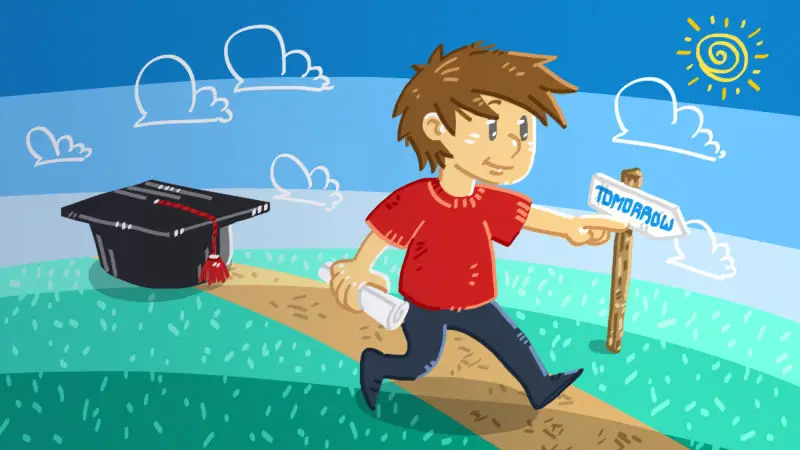The opioid epidemic has become one of America’s greatest social concerns in recent years. A great reason for this catastrophe is that the Drug Enforcement Administration (DEA) has been stripped of tremendous power when it comes to combating the ultimate drug dealers in the USA: The drug companies themselves.
A more industry-friendly law in relation to the drug companies was passed by Congress last year. While the name may be bland, the Ensuring Patient Access and Effective Drug Enforcement Act of 2016 is by no means a bland matter. Essentially, this law hinders the DEA’s ability to enact aggressive measures against drug companies found to be supplying corrupt doctors and pharmacists who sold narcotics to the black market.
Together with only a handful of members in Congress, the drug companies were successful in weakening the DEA’s ability to limit the flow of pain pills being distributed directly by these companies. Drug companies prosper while the American people die.
Two reporters from the “Washington Post,” Scott Higham and Lenny Bernstein, mentioned the reported estimate of deaths at the time of April last year.
“By then, the Opioid War had claimed 200,000 lives, more than three times the number of U.S. military deaths in the Vietnam war. Overdose deaths continue to rise. There is no end in sight.”
If the ethical dilemma of the situation still lacks clarity, then it’s worth mentioning that the drug industry poured millions of dollars into the election campaigns of the same Congress officials who would subsequently push this law into action. Let’s not also omit the fact a great deal of behind the scenes work was conducted with lobbyists. To say corruption fueled this bill into life is an understatement.
Rep. Tom Marino, a Republican from Pennsylvania, chosen by President Trump to be the next drug czar, a position responsible for directing this nation’s drug control policies, was a staunch advocate for this bill. He spent years of his career trying to get the law through Congress. Marino only successfully completed his quest after Sen. Orin Hatch, a Republican from Utah, negotiated the final version of the bill with the DEA.
Before the passing of this law, a few drug distributors would be fined for ignoring warnings from the DEA to shut down the sale of hundreds of millions of pills, earning billions of dollars in the process. With this new law in effect, the DEA no longer has the ability to freeze suspicious narcotic shipments from companies under suspect. It was this now unusable ability that prevented pain pills from flowing onto the street.
John Parker, a spokesman for the healthcare group Healthcare Distribution Alliance, which is known for representing drug distributors, gave his thoughts on the bill.
“To be clear this law does not decrease DEA enforcement against distributors. It supports real-time communication between all parties in order to counter the constantly evolving methods of drug diversion.”
Industry officials claim that the new law serves as a measure to ensure legitimate patients receive their medication without disruption, which is most likely a nice way of saying they earn their profits faster. These same officials also have complained for a long time that federal drug prescription drug laws were too vague about how much responsibility companies had to report suspicious orders of narcotics.
DEA Chief Administrative Law Judge John J. Mulrooney II reached the opposite viewpoint.
“At a time when, by all accounts, opioid abuse, addiction and deaths were increasing markedly, this new law imposed a dramatic diminution of the agency’s authority. It is now all but logically impossible for the DEA to suspend a drug company’s operations for failing to comply with federal law.”
In fairness, drug industry officials are correct when they explain the DEA is responsible for establishing the total amount of opioids produced every year. Overprescribing of pain pills by doctors is a major reason for the severity of the crisis as well.
However, it’s still the drug companies that ultimately supply the very doctors that are overprescribing pills to patients and these companies essentially determine who gets the opioid pills regardless. Whether they like it or not, they may not be the only cause of the crisis, but they are the biggest cause of the crisis.
It’s important to realize that the dealers in question are drug companies themselves, not a lone individual operating on a street corner. A major pharmaceutical company that is essentially supplying drug dealers in lab coats is McKesson, the nation’s largest drug distributor and fifth largest corporation in the nation, as it was found the company was failing to report hundreds of suspicious orders placed by internet pharmacies.
The situation is reaching such a severe point that President Trump was expected next week to declare opioid abuse a national emergency, but given the urgency decided to declare it this week.
“As Americans, we cannot allow this to continue. It is time to liberate our communities from the scourge. We can be the generation that ends the opioid epidemic,” Trump declared during a speech in the East Room of the White House on Thursday.
His declaration will not one hundred percent solve the crisis, but his declaration will give states more flexibility in how they use federal funds and expand the use of telemedicine treatment. Telemedicine treatment is a form of treatment where telecommunication and information technology are used to provide clinical aid from a distance, which is especially useful for rural communities where healthcare facilities are often far away. This is a perfect starting ground as people suffering from addiction would have an easier time getting much-needed help but the possibility of passing tax cuts in Congress makes one question how providing the needed funds would be accomplished.
Ideally, Former President Obama should have vetoed the Ensuring Patient Access and Effective Drug Enforcement Act of 2016 to at least attempt to stop the passage of a law that’s only made matters worse. Whether one likes him or not, his failure to veto this bill will leave a permanent stain on his legacy.
Without getting too caught up in what should have been done priority needs to be given to focusing on what needs to be done now. To start, the federal government needs to directly provide states needed funds to expand treatment facilities like rehab, clinics, etc., as each state experiences a different form of the crisis. That does most likely mean a tax increase of some kind but instead of just relying on federal income taxes, drug companies such as McKesson, Cardinal Health, Rite Aid, Walgreens, etc., should face a higher tax penalty in order to not only provide funds for expanded access to various forms of treatment but to see how much human dignity they have as companies.
If they still have a conscious, they’ll pay the tax penalty without a fuss, as paying the tax penalty will give them a chance for a small attempt at redemption. Likewise, if they complain or refuse to pay the higher tax rate, then the American people will truly know once and for all, who the biggest drug cartel in the country is. In case there’s still confusion, it’s the drug companies themselves.




